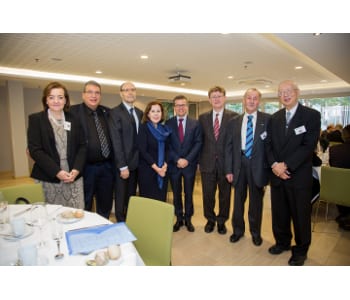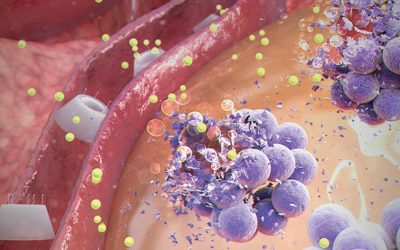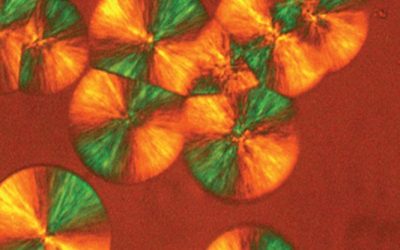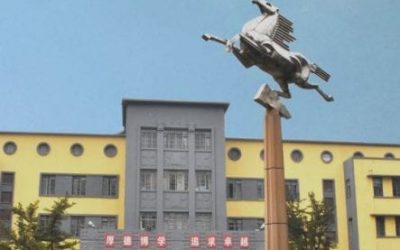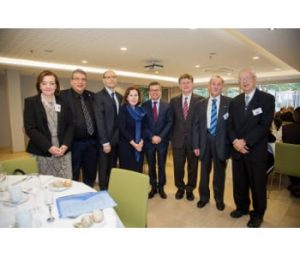 At an award ceremony held in Brussels on February 23, the International Union of Materials Research Societies (IUMRS) awarded three pioneers in the funding and organisation of materials research and development with the 2015 IUMRS Global Leadership and Service Award.
At an award ceremony held in Brussels on February 23, the International Union of Materials Research Societies (IUMRS) awarded three pioneers in the funding and organisation of materials research and development with the 2015 IUMRS Global Leadership and Service Award.
Under the patronage of MEP Carlos Zorrhino and organised by Prof. Rodrigo Martins of the University of Lisbon, Mihail Roco, Christos Tokamanis, and Paul Siffert were honoured for their contributions over 30 years to providing an infrastructure for the organisation and funding of materials and nano research.
In his opening remarks the General Secretary of the IUMRS and founder of the Materials Research Society, RPH Bob Chang, spoke of the need for order and dedication in the nascent field of advanced materials, something to which the award winners had made fundamental contributions. Commissioner Moedas, and MEP Zorrhino then proceeded to make the presentations.
Mihael Roco was recognised for guiding NSF policy on materials in the USA under the Clinton, Bush, and Obama administrations and securing significant funding and funding growth for decades of materials research. Christos Tokamanis was rewarded for 29 years of unstinting support of the strategic development and funding for advanced materials research across the EU through the European Commission programmes. Paul Siffert, founder of the European Materials Research Society (E-MRS) now one of the premier organisations in the field of materials, was credited with the vision to organise and mobilise scientists and engineers in the field of advanced materials thus providing the seed for the development of today´s vibrant and innovative European materials effort.
The three prizewinners provided insight into challenges still needing to be addressed. Roco spoke of the need for the further improvement of international collaboration, Tokamanis emphasised the need to find innovative new financial mechanisms to sustainably fund “start-up” advanced materials research, and Siffert pointed to the crucial role in nano and advanced materials research and innovation that smaller companies (SMEs) play and the need to ensure that they were properly motivated and integrated into the EU priority programmes.
Commissioner Moedas, an engineer, referred to the central role that nano- and advanced materials development play in providing not only a platform for further innovation but also in generating a business environment on the basis of which whole new markets with associated investment, employment and growth can be built. Clara de la Torre, from the EU´s Research and Innovation Directorate, expanded on conditions that enable and encourage innovation. She particularly emphasised the importance of the need for the digitisation of EU businesses and their output, in order to facilitate the use and re-use of data and the promotion of cumulative progress.
Several of the speakers commented on the funding priorities for the Horizon 2020 programme, with particularly graphene and the bio/neuro-electronics interface often being cited.

